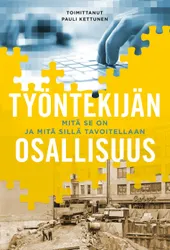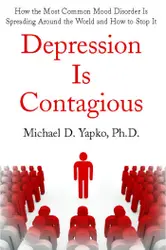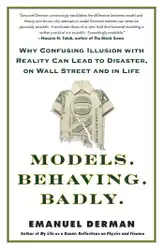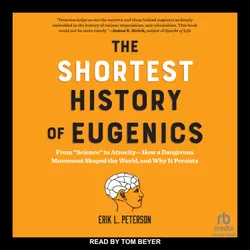How can one write the history of disability, and what are the consequences for the disabled themselves? This is the key question that Pieter Verstraete addresses in this pioneering book that tries to rethink the possible bonds between disability, history and politics. Since the 1990's the concept of disability has gained in prominence. Perhaps more than in other branches of historical enquiry, disability historians have attributed a crucial place to the notion 'identity'. Re-cently, however, the suitability of identity for the realization of libera-ting and emancipatory politics for people with disabilities has been questioned. This book aims to incorporate some of the critical approaches towards identity and to suggest a complementary connection between history and political reform.

Being Seen : One Deafblind Woman's Fight to End Ableism
Elsa Sjunneson
audiobookbook
Työntekijän osallisuus : Mitä se on ja mitä sillä tavoitellaan
Pauli Kettunen
book
Depression Is Contagious : How the Most Common Mood Disorder Is Spreading Around the World and How to Stop It
Michael Yapko
book
Jäljillä 3 : Hyytäviä rikostarinoita maailmalta
Tilda Laaksonen
audiobookbook
Jäljillä 2 : Kiehtovia rikosmysteerejä maailmalta
Tilda Laaksonen
audiobookbook
Jäljillä : Selvittämättömiä rikostapauksia meiltä ja maailmalta
Tilda Laaksonen
audiobookbook
Models.Behaving.Badly.: Why Confusing Illusion with Reality Can Lead to Disaster, on Wall Street and in Life
Emanuel Derman
book
You Got Anything Stronger? : Stories
Gabrielle Union
audiobook
Sinut on nähty
Anu Silfverberg
audiobookbook
Matalat haudat : Rankimmat tapaukseni rikospaikkatutkijana
Ray Fysh
audiobookbook
The Shortest History of Eugenics : From “Science” to Atrocity―How a Dangerous Movement Shaped the World, and Why It Persists
Erik L. Peterson
audiobook
We're Going to Need More Wine : Stories That Are Funny, Complicated, and True
Gabrielle Union
audiobook
